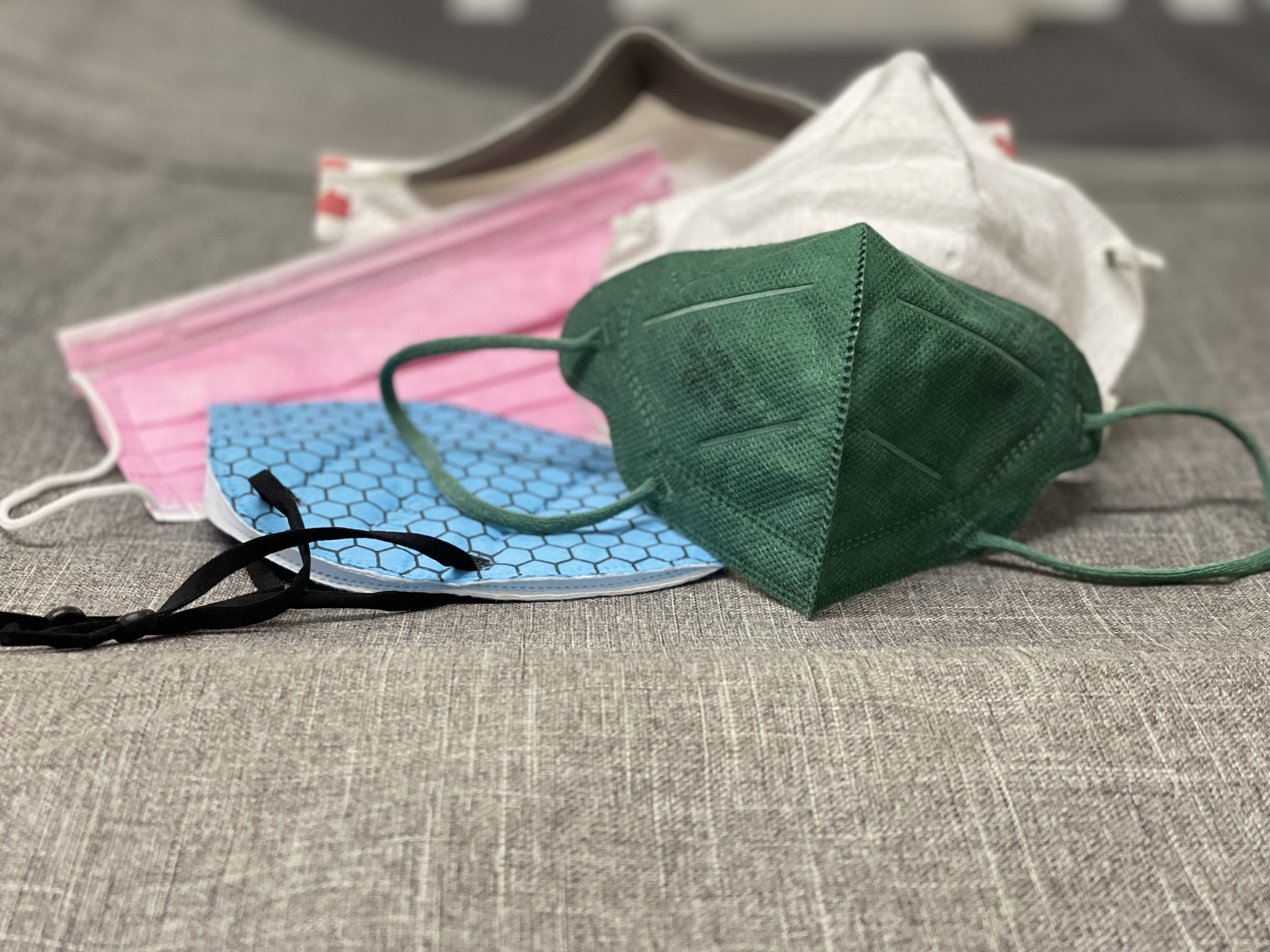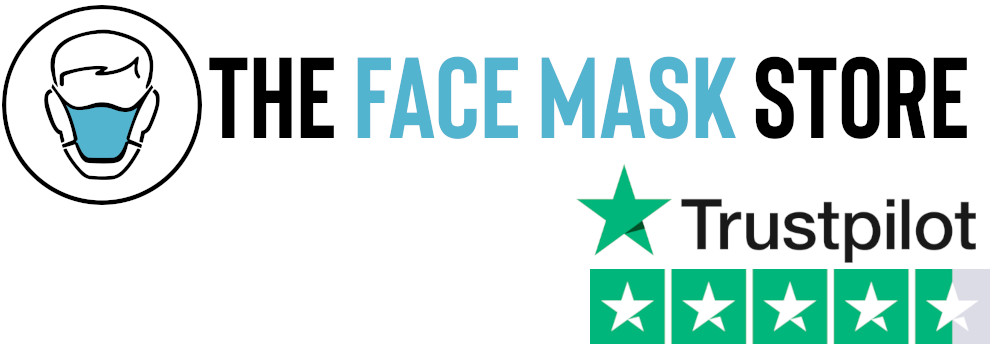The Diversity Of Nose Seals Within Face Masks
Posted by k on 19th Jul 2023
The Diversity Of Nose Seals

Face masks are now a huge part of society, which offer protection against airborne particles and viruses.
A component of a well-fitting mask is the nose seal, this helps to minimise air leakage and maximise filtration efficiency.
Below we discuss the variety of nose seals used in face masks, as well as advantages, disadvantages, construction materials and industry compatibility.
I. Metal Nose Clips:
A metal nose clip is one of the more popular types of nose seals.
These clips are often constructed by aluminium or galvanised steel, which may be moulded to suit the curve shape of the nose and offer a secure & personalised fit for the wearer.
The pliability of metal clips allows for a tight seal, reducing air leakage around the nose. Metal nose clips are highly effective in preventing fogging of glasses and offer a snug fit, enhancing overall mask performance.
Sealing Method:
To seal a metal nose clip, place the mask over your nose and pinch the clip to take the shape of your nose bridge. Ensure a firm but comfortable fit to prevent air from escaping.
Best for:
A wide range of industries, including healthcare, construction, manufacturing, and other environments where a high level of filtration and fit is required.
II. Foam Nose Pads:
Foam nose seals are a popular type of seal commonly found in face masks.
They offer a secure fit over the bridge of the nose due to the way they are constructed, from a soft and cushiony foam material.
The nose bridge may be moulded to your preferences thanks to the foam cushions adaptability, reducing gaps and minimizing air leakage
Additionally, foam nose pads enhance wearers comfort by easing pressure on the nose bridge.
Sealing Method:
To seal a foam nose pad, position the mask over your nose and gently press the foam pad against the nose bridge until it conforms snugly to your face.
Best for:
Foam nose pads are ideal for industries such as hospitality, retail, and other settings where all-day wear is required, as they provide excellent comfort and fit without compromising on filtration efficiency.
III. Adhesive Nose Strips:
Adhesive nasal strips are a simple way to make sure a secure nose seal is achieved in face masks.
The strips are typically made of a hypoallergenic adhesive material with an embedded metal strip for reinforcement.
Adhesive nose strips are easy to apply and adhere firmly to the skin, creating a tight seal that minimizes air leakage.
Sealing Method:
Peel off the protective backing of the adhesive strip and carefully place it along the upper edge of the mask, making sure the metal strip is centred over the nose bridge.
Gently press the strip to create a secure seal.
Best for:
Adhesive nose strips are well-suited for industries that require frequent mask removal and readjustment, such as food services, beauty, and hospitality. They offer an excellent option for individuals who prefer disposable masks and desire an effective seal.
Frequently Asked Questions (FAQs):
Q1. Can I reuse masks with nose seals?
A1. The reusability of masks depends on the specific mask type and manufacturer's instructions. While some masks with nose seals can be reused, others are designed for single-use only. Check the manufacturer's guidelines for the mask's recommended usage.
Q2. Are nose seals effective in preventing the spread of viruses?
A2. They play a crucial role in reducing the transmission of airborne particles, including viruses. They help create a snug fit, minimizing gaps and preventing unfiltered air from entering or escaping through the mask.
Q3. Do all face masks come with nose seals?
A3. No, not all face masks come with nose seals. However, many reputable mask manufacturers include nose seals in their designs to enhance fit and filtration efficiency. Look for masks that explicitly mention the presence of a nose seal or consider adding one yourself if the mask allows for it.

The effectiveness relies on a proper nose seal.
Metal nose clips, foam nose pads, and adhesive nose strips are the primary types of nose seals used in face masks.
Each type offers unique advantages such as personalized fit, comfort, and reduced air leakage. Metal nose clips provide an adjustable and secure fit, foam nose pads offer enhanced comfort, and adhesive nose strips are convenient for frequent mask adjustments.
Choosing the right nose seal depends on industry requirements and personal preferences.
By understanding the different types and properly sealing the nose seal, we can maximize the protective benefits of face masks and contribute to a safer environment for all.



